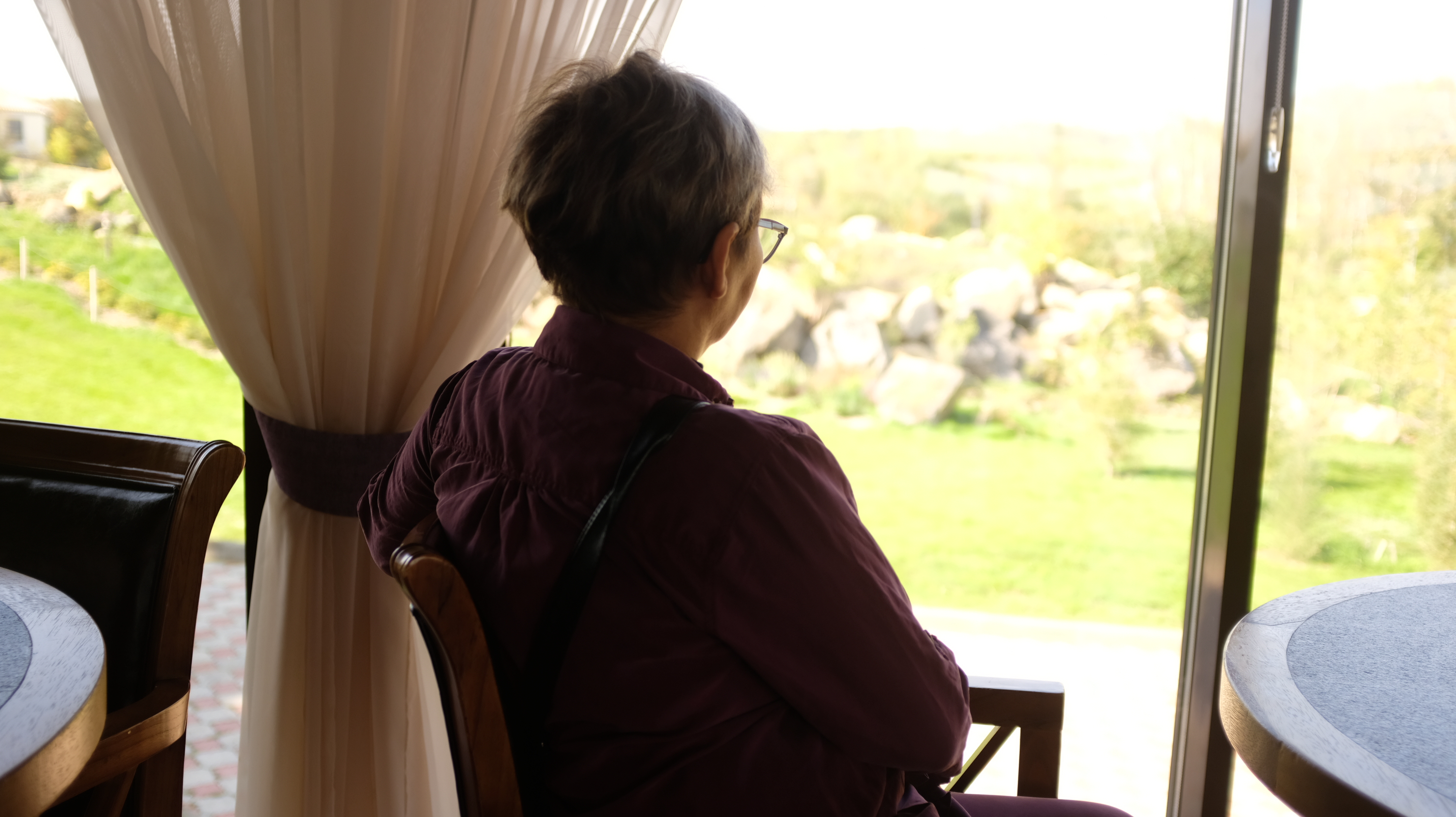In the words of Aisulu*: “When I tell people who are newly diagnosed with HIV my story, they think that if I could do it, then they can too”.
Date:
Aisulu* is an activist from Karaganda, Kazakhstan who joined the Leadership School for women living with HIV in Burabay. She works as a peer consultant at the Shapagat Fund and provides support to HIV-positive people.

“I have been living with HIV status for 21 years. I went through many hardships in life, including the loss of my son in Russia, serving time in a colony, and deportation. However, I did not give up and found the strength to create a stable happy life.
I have two sons and two grandchildren. I lost my youngest son in Russia at the age of 3. He was adopted while I was serving my sentence in prison. I was deported from Russia for 8 years, and I could not find my child. The child was in an orphanage because I led an unhealthy lifestyle and was a drug addict. I gave birth to him illegally without documents and couldn’t even get him registered. That's the level of life I was at. Often people from vulnerable groups are unaware of their rights. I help them with paperwork to receive social benefits, as well as to find a job. Perhaps if the same peer consultants as today had come to me and provided support in time, my life would have turned out differently.
When I was about to return to Kazakhstan, my brothers and father wrote a letter not to let me out of the colony. I was told to stay away from my family because I have HIV.
I fell to the bottom from the age of 36, and already at the age of 48 I had a 3-room apartment, a car, and a sewing studio. I also helped my brother, who also has an HIV status, to get out of a difficult situation. We recently bought a house.
As consultants, we talk to women who first knew about their positive HIV status. They cry and they are shocked, and we are the first to provide them with moral support. Often doctors have no time to talk to them. We talk on equal terms with newly identified patients. When I tell them my story, they think that if I could do it, then they can too. My story is an inspiration to many people, and I will continue sharing my experience and helping others change their lives for the better.
The leadership school for women living with HIV confirmed my belief that all people are equal and have the right to freedom and happiness. I will inform people with HIV status in my city about human rights, gender equality, and the importance of defending human rights. I want to encourage people not to doubt themselves and their capabilities and also to inspire others to activity and self-realization.
The Leadership School is organized by UN Women with the support of the Joint United Nations Program on HIV/AIDS(UNAIDS) and the Answer Foundation. It aims to enhance the knowledge of women activists living with HIV on feminism, intersectionality, leadership and team building, and enhance their skills in assessing the needs of vulnerable groups, team building and developing partnerships. As a result, the community of the group was strengthened, as well as the value basis for further cooperation. After completing the training, 24 participants will continue to support communities as mentors in their regions, applying the skills and knowledge gained.
*Names have been changed to protect confidentiality